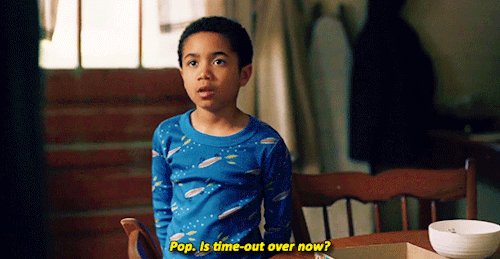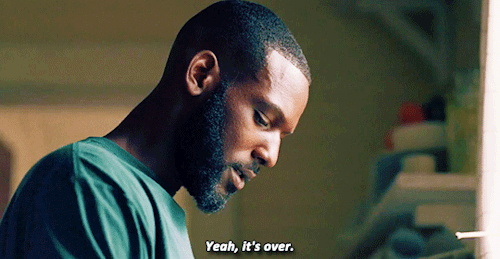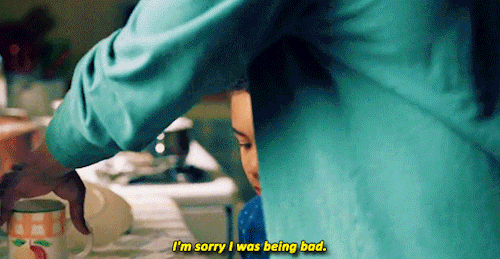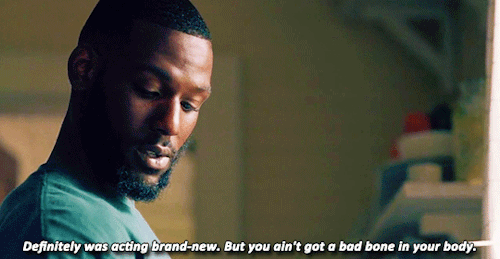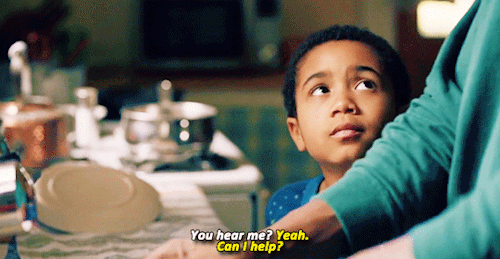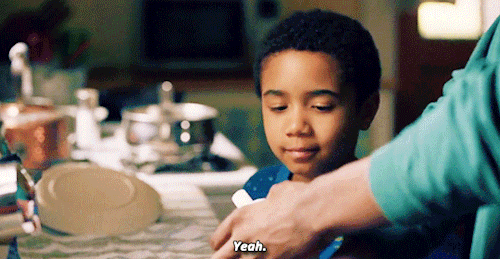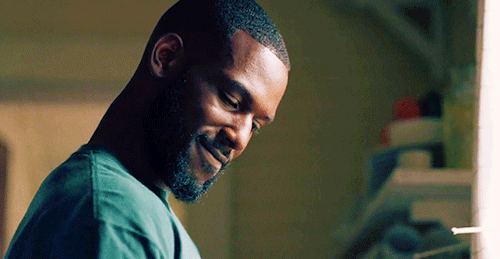crushingmantis:flavoracle:queensugardaily:Bonus:SO MUCH THIS!! When helping kids learn from their mi
crushingmantis:flavoracle:queensugardaily:Bonus:SO MUCH THIS!! When helping kids learn from their mistakes and correcting past behavior, it’s important for parents and other role models to separate what they DID, and who they ARE. Look at the exchange in the images above. The kid apologizes for “being bad,” and the adult points out that it isn’t a question of “being.” It’s about specific behavior. “Definitely was acting brand new. But you ain’t got a bad bone in your body.” For a personal example, I’ve been working with one of my kids about bullying other kids. And when she behaves that way, I will tell her, “What you’re doing is bullying,” or “Stop bullying them.” What I WON’T say is “You’re being a bully.” Because kids listen (even when we feel like they aren’t) and they are constantly taking in information that they use to define themselves. And the worst thing I could do in this situation is say, “You’re being a bully,” and they believe me. It happens so often, it’s tragic. We tell kids, “You’re a bully,” “You’re dumb,” “You’re being obnoxious,” and they internalize that. And as soon as a kid accepts “I am a bully” as part of their identity, they will act accordingly. On the flip side, I used to think it was OK to label kids with “being” statements as long as they were positive, but I’ve learned even that has hidden dangers. For example, imagine one of my kids finishes a puzzle really quickly, and I respond by saying, “You’re so smart!” Seems great, right? But what happens when they move on to a harder puzzle and they don’t finish as quickly? So they start thinking things like, “Dad said I’m smart because I can do puzzles fast. But I didn’t do this one fast so I guess I’m not smart after all.” Or, “Dad says I’m smart because I can do puzzles fast, but I didn’t do this one fast so it must be a stupid puzzle that’s made wrong.” I guess my point is, use “you are” statements sparingly and carefully with kids. Tell them things like, “You are important,” “You are valuable,” “You are loved.” But when it comes to behavior, make it clear that what they do does not define who they are. Let them define themselves. Stuff like that still has me messed up. -- source link
